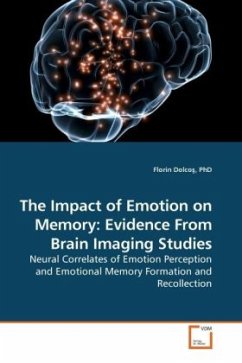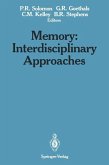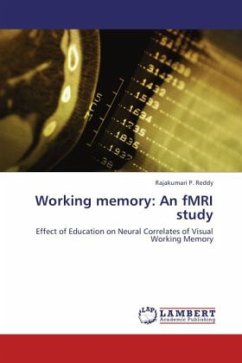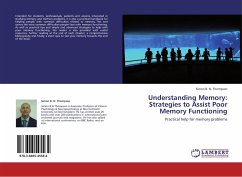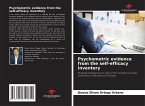Emotion affects virtually every aspect of our cognition, from perception and attention to decision making and memory. The present research investigates the neural mechanisms underlying the impact of emotion on perception and memory, as studied with brain imaging tools in healthy human participants. Specifically, we investigated "when & where" in the brain processing that allows privileged processing of emotional information that leads to enhanced memory for emotional events occurs. Delineation of the role of specific brain regions in these phenomena can aid understanding the neural mechanisms of affective disorders, such as depression and post-traumatic stress disorder, in which the tendency to ruminate obsessively on negative memories or to recollect intrusive memories could reflect a pathology in how emotional memories are processed. Identification of neural signatures of the impact of emotion on perception and memory may be used as neurobiological markers for enhancing diagnostic accuracy and treatment efficacy of such clinical conditions. Thus, the present research may be of interest to readers intrigued by non-clinical and clinical aspects of emotion processing alike.
Bitte wählen Sie Ihr Anliegen aus.
Rechnungen
Retourenschein anfordern
Bestellstatus
Storno

